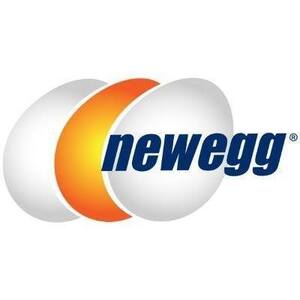https://www.riskiq.com/blog/labs/magecart-newegg/
The first time the skimmer became active was around August 14th, and we confirmed the skimmer was removed on September 18th, which means the attackers had a full month of skimming Newegg customers.
Looks like Newegg had been compromised for close to an entire month. If you had entered your credit card details during checkout between those dates your cards would have been skimmed.
Quite a lot of deals here during that period so time to change your credit card if you had made purchases.

holy SH